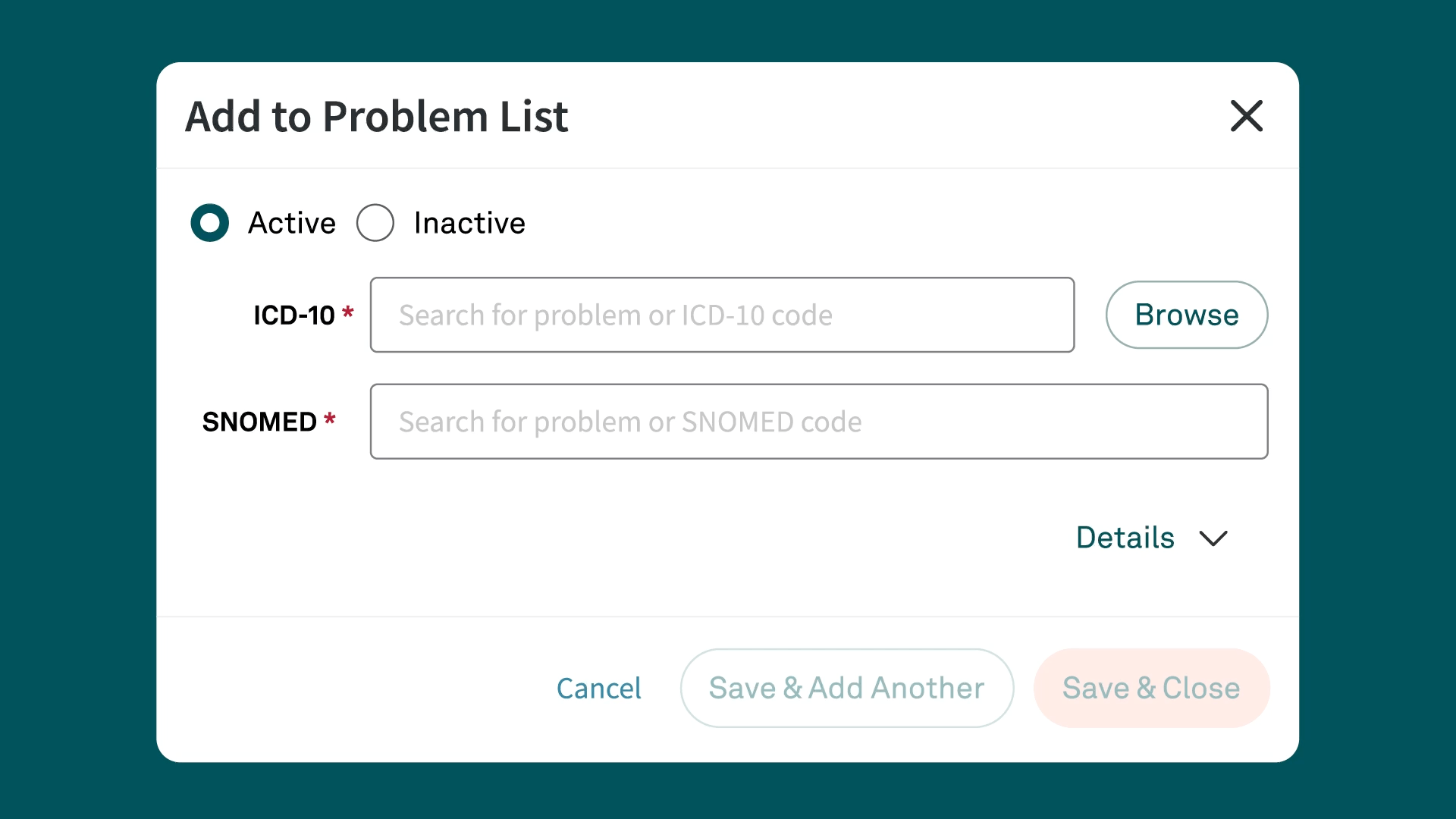ICD-10 Code M79.671
Pain in right foot
What is the code M79.671?
The ICD-10-CM code M79.671 pertains to "pain in right foot." This code is used by healthcare providers to document and bill for the diagnosis of pain localized specifically in the right foot. This code falls under the category of "Other soft tissue disorders, not elsewhere classified" within the ICD-10 coding system.
Detailed description of M79.671
M79.671 is used to describe pain that is specifically located in the right foot. The pain can be due to various underlying causes such as injuries, infections, inflammatory conditions, or other disorders affecting the soft tissues, bones, or joints of the foot. Proper diagnosis and coding of this condition are important for ensuring accurate medical records and appropriate billing.
Symptoms commonly associated with M79.671
- Sharp or dull pain in the right foot
- Swelling or inflammation
- Tenderness upon touch
- Difficulty walking or bearing weight on the affected foot
- Redness or warmth in the affected area
Related and similar ICD-10 codes
- M79.672: Pain in left foot
- M79.673: Pain in unspecified foot
- M79.60: Pain in limb, unspecified
- M25.571: Pain in right ankle and joints of right foot
- M25.572: Pain in left ankle and joints of left foot
Appropriate usage of M79.671 for billing
M79.671 should be used for billing when a patient presents with pain that is specifically localized to the right foot. It is important to ensure that the diagnosis is documented in the assessment portion of the note.
Instructional guidelines for coding M79.671
- Ensure that the pain is specifically localized to the right foot.
- Ensure thorough documentation of the patient's symptoms and clinical findings.
- Consider any underlying conditions or injuries that may be contributing to the pain.
- Use additional codes to specify any related conditions or injuries if applicable.
- Regularly review coding updates and guidelines from authoritative sources such as the Centers for Medicare & Medicaid Services (CMS).
- Review any instructional notes in the ICD-10 manual that may provide guidance on coding related conditions or symptoms.
- Use additional codes to capture any associated symptoms or underlying conditions that may be present.
Common pitfalls in coding with M79.671
- Failing to specify the exact location of the pain, leading to the use of more general codes.
- Overlooking potential underlying causes that may require additional coding.
- Inadequate documentation of the patient's symptoms and clinical findings, which can lead to claim denials or audits.
Key resources for M79.671 coding
- ICD-10-CM Official Guidelines for Coding and Reporting
- Centers for Medicare & Medicaid Services (CMS) website
- Professional coding manuals and reference guides
- Continuing education courses and coding certification programs
Conclusion
Proper usage and documentation of ICD-10-CM code M79.671 help ensure accurate medical records and billing. By following best practices and guidelines, healthcare providers can ensure that they capture the specific nature of the patient's condition, facilitating effective treatment and reimbursement.
Simplify ICD-10 code documentation with Tebra
Tebra’s EHR+ gives you quick searches and Systematized Nomenclature of Medicine (SNOMED) field names for efficient code documentation. Plus, Tebra automatically saves ICD-10 to SNOMED mapping for future searches, streamlining your workflow.

Discover how Tebra helps providers effortlessly document health-related issues and conditions in this detailed post.
Stay Ahead with Expert Healthcare & Billing Insights
Get the latest industry updates, financial tips, and expert strategies — delivered straight to your inbox.
